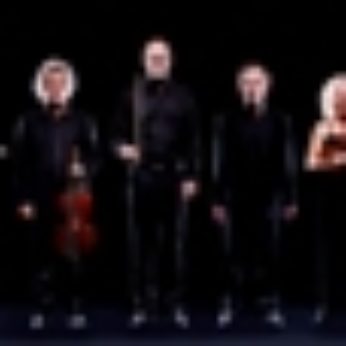Composer: Giovanni Battista Fontana (b. 1589 - d. 1630)
Performance date: 29/06/2014
Venue: St. Brendan’s Church
Composition Year: 1571
Duration: 00:05:05
Recording Engineer: Richard McCullough, RTE
Instrumentation Category:Small Mixed Ensemble
Instrumentation Other: 3vn, vc, lu
Artists:
Kate Hearne -
[recorder/cello]
Peter Spissky -
[violin]
Fredrik From -
[violin]
Antina Hugosson -
[violin]
Fredrik Bock -
[lute]

Little is known about the life of the
virtuoso violinist and composer
He was born in
thought that he died from the plague in
in 1630. His only surviving compositions are collected in a memorial anthology
published posthumously in
in 1641, comprising of 6 sonatas for solo violin and continuo and 12 ensemble
sonatas for one to three violins and continuo. Although none of the works can
be firmly dated, they represent the sonata composition from its beginnings
until about 1630, showing
to be a leading figure in the early development of the form. We can only assume
that his works were widely played and were well enough regarded to warrant the
publication. Copyright laws did not exist in the 17th century, and many
references and exact quotations of Castello’s music can be found in
Although this may leave some doubt about whether all these works are by
with Castello in
and admired his work enough so as to quote him out of respect.
The sonata for three violins presents
melodic material related to that found in the dances and canzonas of the
period, juxtaposed by the new stile
moderno, which he presents to us in a solo for the third violin, full of
jazzy cross rhythms, expressive ornaments and sudden harmonic changes. This
through composed sonata is a prime example of
conservative material against more wayward harmonies and free recitative-like
writing in a very convincing and coherent fashion.
Copyright © 2025 West Cork Music. All rights reserved.
Designed and developed by Matrix Internet